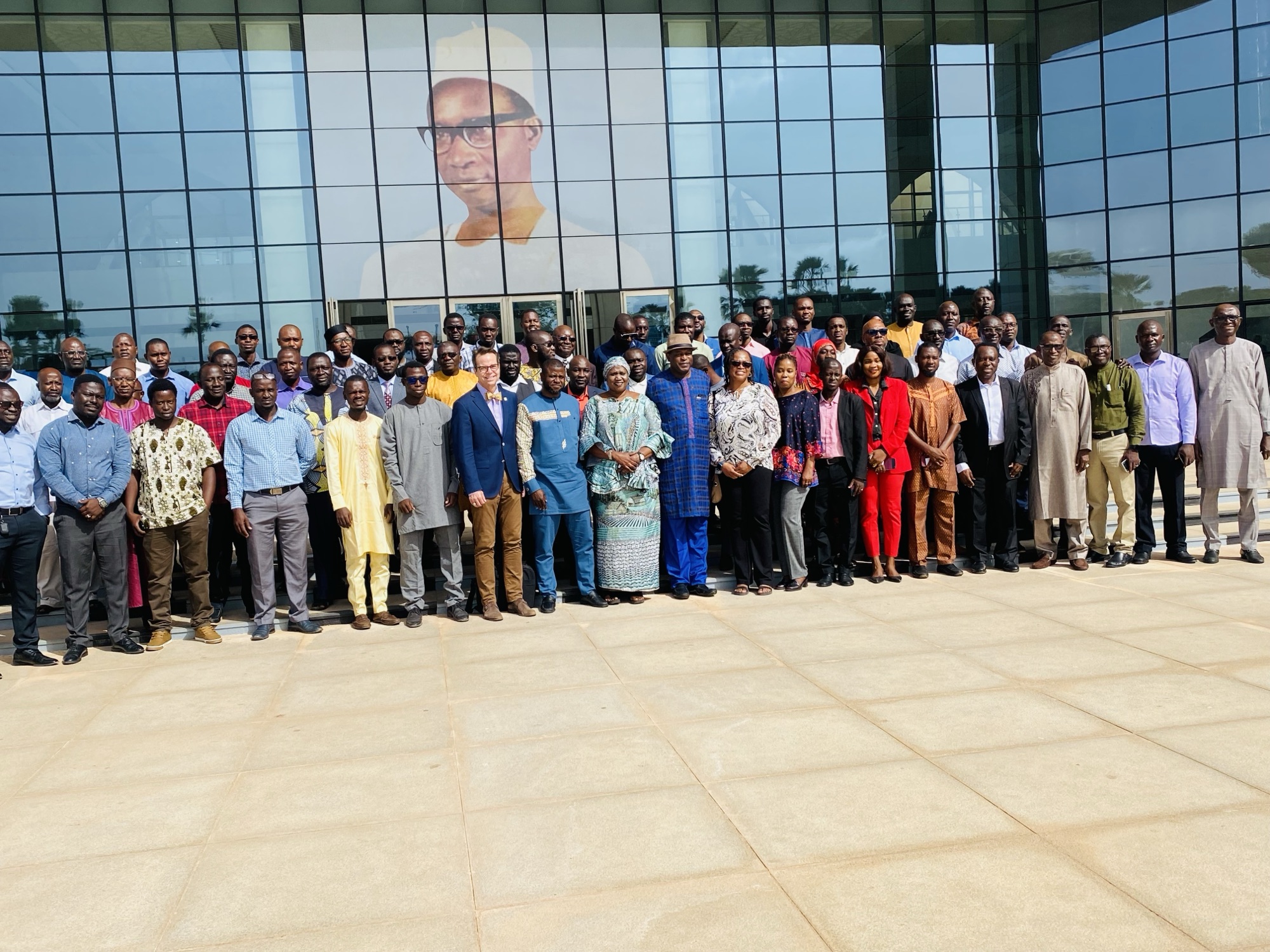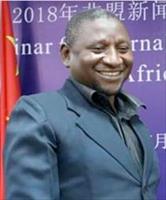By: By Arret Jatta
The consultation workshop on the separation of the water and electricity services of NAWEC was held on Monday at the Sir Dawda Kairaba Jawara Conference Center.
The focus of the discussion with consultation workshop will constitute one of the predetermined activities financed by the Millennium Challenge Corporation (MCC) Threshold Program, which seeks to address the challenges of unreliable and inadequate electricity supply in The Gambia.
The day’s programme was organized by Millenium Challenge Account-Gambia (MCA-G) with support from the MilleniumChallenge Corporation (MCC) to implement a $25 million Threshold Program, train staff on reform operations manual, and hand over 7 Million Dalasi worth of laptops.
Saffie Dambelleh, Chief Executive Officer (CEO) of MilleniumChallenge Account-Gambia stated that the MCC Threshold Program is designed to complement the investments in the energy sector that the Government of The Gambia has undertaken with the support from her development partners such as the World Bank and European Union.
He added that the program’s goal is to support the implementation of critical institutional and policy reforms to address a binding constraint to economic growth in The Gambia.
He pointed out that under the World Bank financing support to the energy sector in The Gambia, some progress has been realized, including separating accounts for NAWEC’s business units.
“The move for the legal separation of core services is yet to be initiated even though it is an ambitious commitment for the Government to embark on. Through the Power Sector Threshold Program, GFA Consulting Group of Germany was hired as a Power Sector Threshold Service Contractor to lead the program implementation with this NAWEC separation study as one of the key deliverables. This study entails stakeholder consultation through interviews and discussions from which findings and recommendations were drawn,” he said. He added: “We acknowledge the fact that every reform comes with its challenges and it is therefore imperative to reflect on the nature of the utility as an indispensable service provider to all Gambians. Thus, all options for the separation must be assessed critically and thoroughly to aid in reaching decisions that will serve the interest of Gambians for better quality of life. Additionally, the management of the separation process of the two critical services of the utility must not shy away from taking into account the need for business continuity.”
According to him, in support of the separation study, MCA Gambia in consultation with MCC may consider the funding of critical activities through action request funding available under the Threshold Program.
He added that this move is to help the achievement of the Program objectives using the problem-driven iterative adaptation (PDIA) approach.




